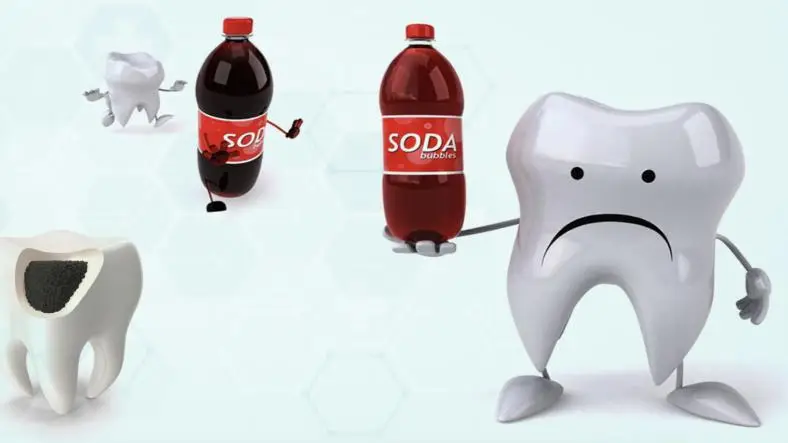As a dentist with years of experience, I’ve often explained to patients how acidic foods can quietly harm their teeth over time. Foods and drinks like citrus fruits, tomatoes, vinegar-based items, sodas, and sports drinks can erode the protective enamel that shields your teeth. Once enamel wears down, it cannot regenerate, leaving teeth vulnerable to sensitivity, decay, and discoloration.
Acid erosion doesn’t happen overnight, but repeated exposure weakens enamel gradually. Patients may first notice sensitivity to hot or cold foods, a yellowish tint as the enamel thins, or even tiny chips along the edges of their teeth. While acidic foods are often part of a healthy diet, it’s important to consume them wisely and practice good oral hygiene afterward.
Here are 5 ways acidic foods affect your teeth and how to reduce the damage:
- Enamel Erosion: Acids weaken and thin the tooth’s protective layer.
- Increased Sensitivity: Exposed dentin leads to discomfort with temperature changes.
- Higher Risk of Cavities: Weak enamel makes teeth more prone to decay.
- Staining and Discoloration: Thinner enamel reveals the yellow dentin underneath.
- Weakened Tooth Structure: Teeth may chip or crack more easily over time.
If you enjoy acidic foods, balance them with water, dairy products, or fiber-rich vegetables, and avoid brushing immediately afterward (to prevent brushing softened enamel). With mindful habits, you can enjoy your favorite foods while still protecting your smile.
Thanks for reading the dentofacts article, for more such articles visit PeoplesBLOG.















